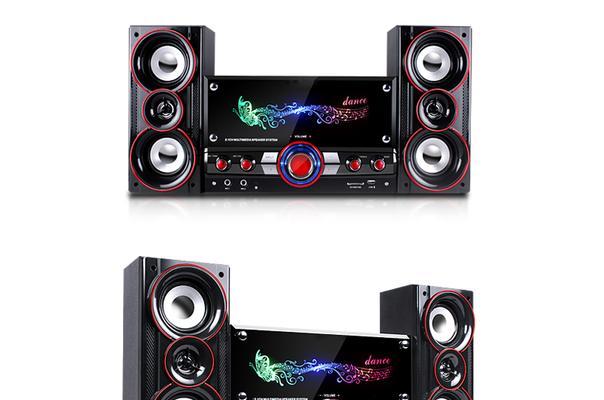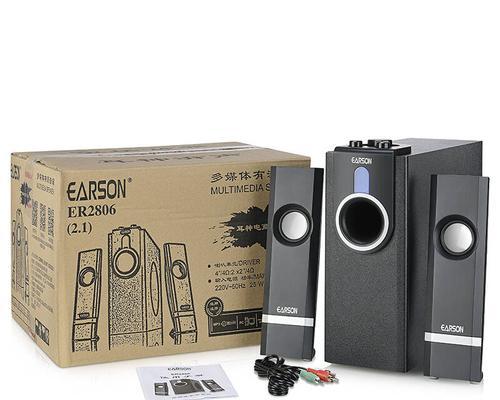Laptop speakers are an indispensable and important device for our daily use of laptops. However, due to various reasons, they may have some problems, such as silence, noise, low quality, etc. This article will provide you with some tips and steps to solve laptop audio problems and help you fix them quickly.

1. Check the volume settings. Adjusting the volume appropriately is the first step to solve the audio problem. Open the computer settings and confirm that the volume is adjusted within the appropriate range.

2. Check the physical connection to ensure that the audio plug is inserted into the laptop's jack and the connection is secure. Check whether the jack is blocked by impurities. If so, wipe it with a clean cotton swab. 3. Update driver

Check if there are any audio driver errors through Device Manager. If so, update the latest driver version in time.
4. Restart the audio service
Open the "Services" option, find and restart the "Windows Audio" or "Windows Audio Endpoint Generator" service to solve the problem of silent speakers.
5. Check the audio device settings
In the control panel, open the "Sound" option and confirm whether the default settings of the audio device are correct. If you need to change them, please follow the prompts.
6. Check software settings
Some audio software may affect the normal operation of the laptop speakers. Check and adjust the settings of the relevant software to ensure that it is compatible with the speakers.
7. Clean the audio equipment
Gently wipe the surface of the audio equipment with a clean cloth to ensure that it is free of dust, oil and other impurities to ensure clear and stable sound quality.
8. Use other audio devices to test
Plug the laptop speaker into other audio devices, such as mobile phones or MP3 players, and test whether it works normally to determine whether the problem lies with the speaker itself.
9. Check the system settings
Open "Sound" in the control panel and ensure that the default playback device is selected correctly and is not muted.
10. Solve the noise problem
If there is noise in the laptop audio, it may be due to poor contact of the power cord or signal cable. Re-plug and unplug to check whether the connection is stable.
11. Upgrade the audio driver
Go to the official website of the audio manufacturer, download and install the latest driver to solve the problem of poor sound quality.
12. Check the power supply problem
If the speaker cannot be turned on or works unstable, it may be due to a power supply problem. Check whether the power cord is inserted firmly and try to replace the power adapter.
13. Adjust the position of the speaker
Adjust the position of the speaker to avoid being too close to other electromagnetic devices to reduce interference and noise.
14. Reset Laptop
Restart the laptop and try to reset the system settings to solve the audio problem.
15. Seek professional help
If none of the above methods can solve the problem, it is recommended to contact professional technicians or send it to a service center for further inspection and repair.
Most laptop audio problems can be solved by checking them step by step and trying different solutions. If the problem persists, don't hesitate to seek professional help to ensure that the speaker is working properly and will bring better results to your experience.
The above is the detailed content of Laptop Audio Repair Guide (Tips and Steps to Quickly Solve Laptop Audio Problems). For more information, please follow other related articles on the PHP Chinese website!




 Which laptop battery testing software is best?
Which laptop battery testing software is best?
 laptop power
laptop power
 Laptop suddenly has no WLAN option
Laptop suddenly has no WLAN option
 How to solve the problem that laptop network sharing does not have permissions?
How to solve the problem that laptop network sharing does not have permissions?
 The difference between nohup and &
The difference between nohup and &
 How to copy an Excel table to make it the same size as the original
How to copy an Excel table to make it the same size as the original
 Browser compatibility
Browser compatibility
 How to use NSTimeInterval
How to use NSTimeInterval




